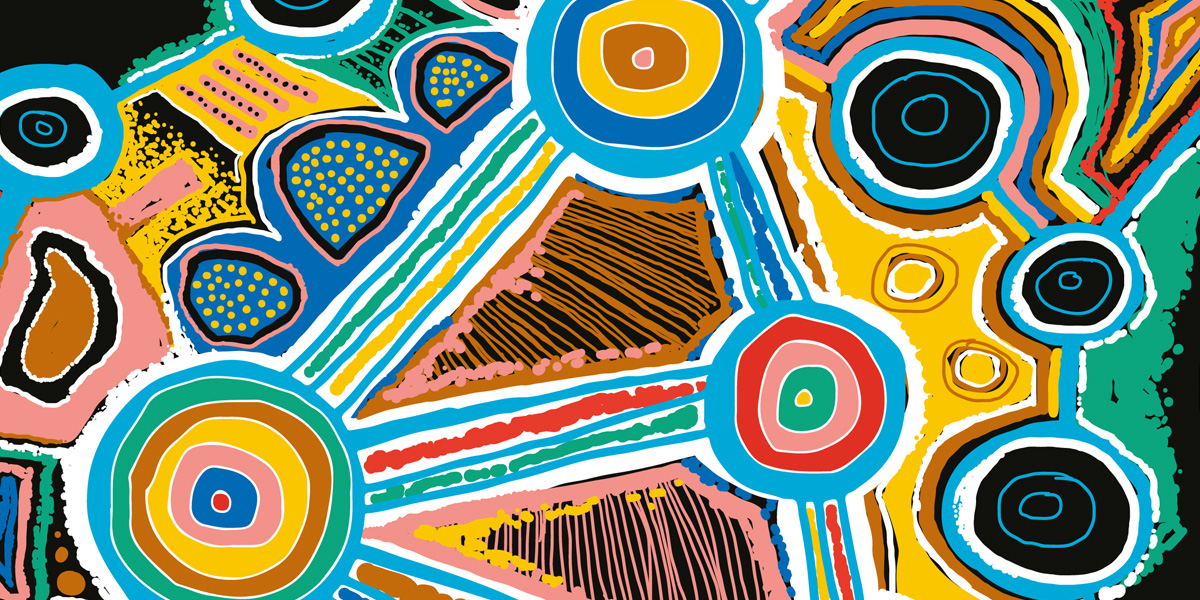Responding to the crisis at Banksia Hill, Premier Mark McGowan has announced a $63 million plan to address conditions for youth in detention. It is clear that additional funding is desperately needed. But so is clarity around what is next for our young people in detention.
The announcement came after a crisis summit on youth detention last Wednesday. But one meeting with mostly government agencies, and a single funding announcement, is not enough to make lasting change.
We know that in Australia, Aboriginal youth are disproportionately represented in youth detention. A large majority of the youth detainees currently at Banksia Hill are Aboriginal. Aboriginal organisations and community leaders from all regions of Western Australia should have been prominent amongst the stakeholders at the Premier’s summit. They must be included in any future discussions in this space.
Under the National Agreement on Closing the Gap, the WA Government has committed to partnerships and shared decision-making with Aboriginal people about issues impacting our lives, and to improving the accountability and responsiveness of government to the needs of Aboriginal and Torres Strait Islander people.
To honour these commitments, the WA Government must listen to Aboriginal people and partner with us to find solutions to these issues. We know that these problems are complex and will require long-term changes across a range of areas. We know how troubled some of our young people are and the healing they need. We don’t pretend these things can be fixed overnight. But we are certain that they won’t be fixed without prioritising Aboriginal voices.
Premier McGowan has framed the issue in terms of public safety. In justifying the transfer of youth detainees to adult prison, he has stated his priority is protecting the community from violence. But these young people are members of our community. In fact, they are some of those in most desperate need of our protection. A significant proportion of young people at Banksia Hill have substantial neurodevelopmental impairment, and many have experienced disadvantage and neglect.
Use by Banksia Hill custodial officers of the restraint technique known as ‘folding up’, which has been outlawed in Queensland due to its suffocation risk, was reportedly ceased in recent weeks following intense media scrutiny. Reports have revealed self-harm, suicide attempts and mistreatment are ongoing within the centre. Amidst chronic understaffing and rolling lockdowns, children at Banksia Hill have faced extended stints in solitary confinement, being restricted to their cells in some cases for longer periods than detainees in adult prisons.
Our youth justice system is failing in its duty of care to the traumatised children with complex needs that we have in our charge. And by failing to provide the holistic supports that these children need to recover, it is failing to provide them with a path out of the cycles of crime they find themselves in. This means it is failing to keep the community safe – the stated goal of the government.
The system that is in place is not protecting the community from violence, it is creating the very conditions that put the community at risk. The rates of recidivism related to youth in detention are a testament to that.
Trapping young people in the justice system diminishes their prospects of finishing school, gaining qualifications and finding employment – all of which raise the likelihood of them facing poverty and homelessness and turning to crime as adults.
It is the WA Government’s responsibility to safeguard the health and welfare of these young people. To provide a system of care and rehabilitation that stops the cycle of reoffending by addressing its root causes.
Central to this is a trauma-informed model of care. To begin this process the WA Government must urgently commit to the following:
- The use of de-escalation techniques rather than restraining practices by custodial officers.
- Transitioning children out of Unit 18 at Casuarina Prison and ensuring this transition is guided by detailed care plans aimed at detainee rehabilitation.
- Provision of culturally secure, holistic health and wellbeing services for young people delivered by Aboriginal Community Controlled Health Services and other Aboriginal Community Controlled Organisations.
- Trauma informed staff and programs that understand the complex and intersecting health issues at youth detention centres and how they influence detainee behaviour.
- Separating youth of different ages in detention and separating sentenced detainees from those on remand.
- Raising the age of criminal responsibility from 10 to 14 years old.
- Ensuring all work in this space is guided by the commitments made under the National Agreement to partner and share decision-making with Aboriginal and Torres Strait Islander people about those issues that impact us.
These are just the first steps toward a more humane system and genuine rehabilitation. They do not begin to address the entrenched social issues and the legacies of colonialism that lead these young people to become caught in the youth justice system in the first place.
There is no doubt that this is a hugely complex issue. There is no easy solution. That is why it is vital our government forms real partnerships to drive strategic change. Aboriginal Community Controlled Health Services, and Aboriginal communities and leaders across WA, are ready to work with the government to deliver meaningful solutions.
Our youth in detention are members of our community, and we need to protect them. We need to help them heal and to flourish.
These issues are now getting the attention they deserve – we need to build on this momentum to fix the dismal state of youth detention and make the broader changes required to ensure children don’t end up in the justice system. So, our question to the Premier: what next for our kids? How we answer that question will say a lot about us.
Chris Bin Kali
Deputy Chairperson, Aboriginal Health Council of Western Australia

